Dr. Lynn Hardy
We would like to thank our mentor Dr. Lyn Hardy of Ohio State University for supplying us with invaluable advice and guidance in the process of writing our Theory-to-Practice Grant.

A major determinant of healthcare efficacy is interactive responsiveness of the population and the healthcare system. Patient-provider language competency is a contributing factor to patient health literacy competency. We hypothesize differences between health literacy competency are dependent upon language competency and cultural impact. Overall, we highlight the cultural and environmental factors that can contribute to health literacy that can be translated across various populations to access policy and procedures relating to their unique needs.
Equity in the healthcare experience is implicated in care quality, safety, and costs. The World Health Organization (WHO), using 27 metrics, ranked Costa Rica 36th in health equity, higher than the United States ranked 37th. Health expenditures in Costa Rica are
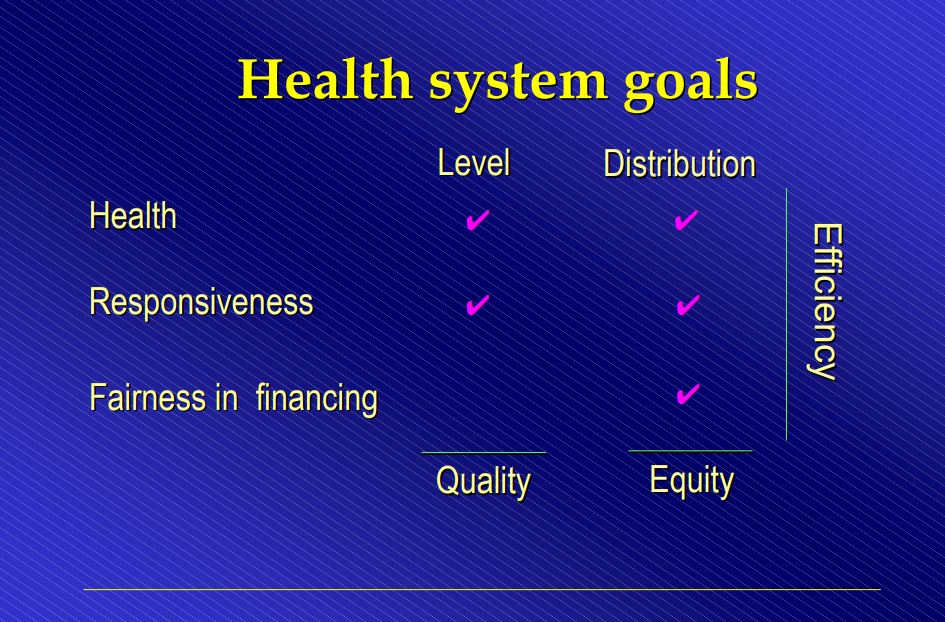
also significantly lower than those in the US. A major healthcare equity determinant is interactive responsiveness of the population and the healthcare system. Patient-provider language competency and methods of communication are contributing factors to patient health literacy competency which translates to the ability to manage and navigate the health system. We hypothesize differences between health literacy competency are dependent upon language competency and cultural impact.
This premise is based on the Social Ecological theory of health, illustrated on the below, suggests that individual understanding of health needs is affected by individual, interpersonal, organizational, community and societal factors. According to this theory, each of these factors can potentially impact the observed responsiveness between a patient and healthcare provider. The objective of this project was to compare health literacy of native Spanish-speaking patients in Costa Rica and the Spanish-speaking patients in the US to determine if native cultures increase health literacy. We studied the health literacy of Costa Ricans with an objective of drawing insight into the native language speaking environment and practices translated to increased health literacy. Because health literacy is relevant to making informed decisions, patient health outcomes, and individual healthcare cost, we hope that the identification of factors contributing to health literacy will incite policy and practice reforms that will increase health equity for all patient demographics.
Costa Rican patients were recruited from San Jose, Costa Rica: Hospital Clínica UNIBE. At patient check-in, patients were presented with basic background of the research project and asked if they would like to participate in a survey. Previously published and condensed surveys were given to Spanish-speaking patients to determine the quality of their health literacy experience.

In comparison to published studies, ours was solely survey based and lacked rigorous methods and analyses to access health literacy behaviors. Health literacy is a multidisciplinary field that is still developing new theories and means of analysis. This was an initial and subjective measure of health literacy that does not address a specific health literacy theoretical framework.
Our collected data is from a small sample size of individuals seeking health care at Clíncia UNIBE in San Jose, Costa Rica and do not reflect Costa Rican's general attitudes regarding health care, health literacy, relationships with a medical professional, etc. Random sampling of individuals from a large cohort of individuals seeking health care in Costa Rica would better represent their attitudes about health literacy and other factors related to health.
We had 35 participants in our survey: 18 women, 16 men, and one person who did not specify their gender. Our results provided a glimpse into the perspectives of individuals seeking health care in Clínica UNIBE in San Jose, Costa Rica. We found that 20% of participants believed their healthcare professional did not respect their present concerns, did not listen to them attentively, and did not know important information about their medical history. Furthermore, 25.7% of participants felt their medical health professional did not clearly answer questions. This represents a minority of the small cohort of respondents to the survey. Unfortunately, we were unable to conduct our surveys in the United States due to the coronavirus pandemic and are still interested to see how this would compare to the responses of Spanish-speakers in the United States taking the survey.
The intention of this study was to compare these data to an analogous sample collected in the US. We would compare native Spanish speakers' health literacy data in a predominantly Spanish speaking country to that of a predominantly English speaking country. However, this phase of the study was not able to be completed as a result of the pandemic. Nonetheless, we can use this data to examine the health literacy of patients in the Costa Rican healthcare system which differs from that in the US by being universal.
In an updated and integrative source by health literacy researcher Robert Logan, he details the history and current means of studying and increasing health literacy. Though health literacy is still an evolving concept, his work has shown that engaging people in health literate approaches to trigger informed behavior change (while respecting individuals' knowledge and context) can help people help themselves to better health. However, he notes that the existing studies that have assessed health literacy have not been appropriately tuned to assess the variability of ethnolinguistic groups within the study samples.
He also emphasizes the highly variable nature of health literacy research due to the lack of agreement on how to identify and measure it. Because of this, studying existing data cross-culturally is increasingly difficult. In the section of the book outlining health literacy in vulnerable populations, he mainly mentions those of low socioeconomic standing. We feel a lack of inclusion of immigrants as a minority is due to the limitations in ethnolinguistic considerations in previous studies. The US Hispanic population has the highest rate of uninsured (21%) and second lowest rate (44%) of employer insurance coverage.
We hope this discussion will motivate future health literacy study to be cognizant of this variable in order to make their data more refined as well as reveal methods that can specifically be designed to increase the health literacy of individuals experiencing healthcare in a culturally distinct region. Health literacy researchers tend to believe health is a human right as well as a resource. Because health literacy is one of the biggest determinants of individual health, it is crucial we adopt an appropriate, integrative intersectional approach to its study.
We would like to thank our mentor Dr. Lyn Hardy of Ohio State University for supplying us with invaluable advice and guidance in the process of writing our Theory-to-Practice Grant.
We would also like to thank Dr. Eva Paris-Huesca of Ohio Wesleyan Univeristy for her advising on the structure and editing of our surveys as well as serving as our Faculty Principal Investigator.
Further, we would like the express our gratitude and thanks to Clínica UNIBE for the opportunity to conduct research at their facility and Elizabeth Varras Rodriguez, Director of Global Education of UNIBE, for serving as our contact and facilitator of our experience in Costa Rica.
We would not have been able to embark on this research project without the generous support of the University through the Theory-to-Practice grant program. We are grateful we had the opportunity to study our interests, visit a new place, and practice and learn valuable skills pertinent to our future careers.
Though data was not able to be collected at this location, we would like to thank Grace Clinic for their consideration and attempting to participate in this important research.
We would like to thank OWU faculty Lisa and Darrell for their direct guidance and support in making this research logistically possible. Their knowledge and hard work make it possible to collect this information that is important for the field of health literacy research.

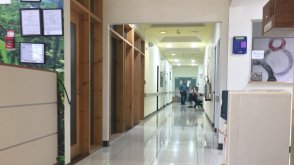
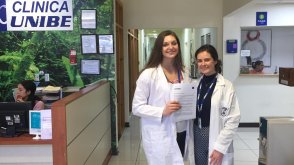
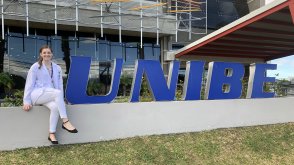
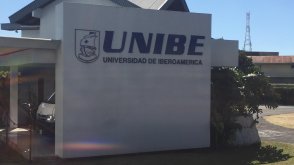
Logan, Robert A., et al. Health Literacy : New Directions in Research, Theory and Practice. IOS Press, 2017. EBSCOhost, search.ebscohost.com/login.aspx?direct=true&db=e000xna&AN=1632343&site=ehost-live.
World Health Organization.World Health Report 2000.Geneva: WHO,2000